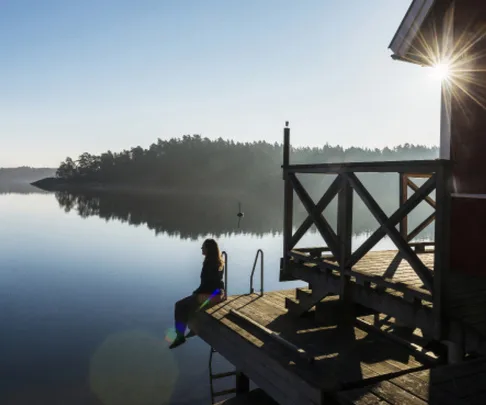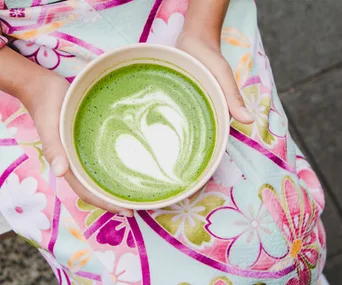Netherlands: Get a balance
According to the 2018 OECD Better Life Index, less than 0.5 per cent of people in the Netherlands work more than 50 hours a week. This gives the Dutch the best work/life balance of 35 countries.
Researchers at the University of South Australia found Australians who regularly work evenings, nights or weekends have worse work/life balance and have disrupted sleep.
“Our research indicates many Australians regularly working unsocial hours, such as Sundays, prefer not to be. Quite simply, it is taking away time that is traditionally spent with family, engaging in social and community activities, or taking time for rest,” said researcher Dr Natalie Skinner.
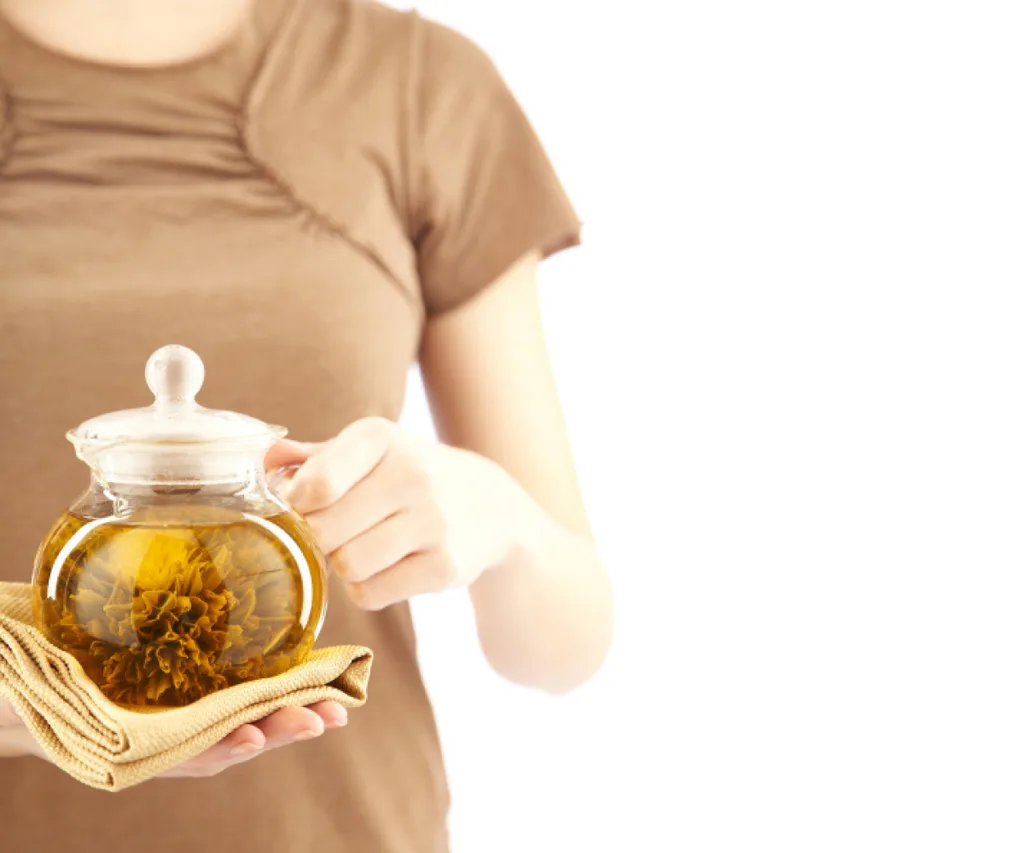
China: Drink Green Tea
Green tea is a staple in China – and for good reason. Even drinking one to two cups a day has benefits.
The magic ingredients in green tea are natural compounds called catechins. UK researchers believe
a catechin called EGCG helps reduce the build-up of plaque that damages arteries and leads to heart disease.
“It has been known for some time that EGCG can alter the structures of amyloid plaques associated with Alzheimer’s disease,” says David Middleton, professor of chemistry at Lancaster University. “Our results show this intriguing compound might also be effective against the types of plaques that can cause heart attacks and strokes.”
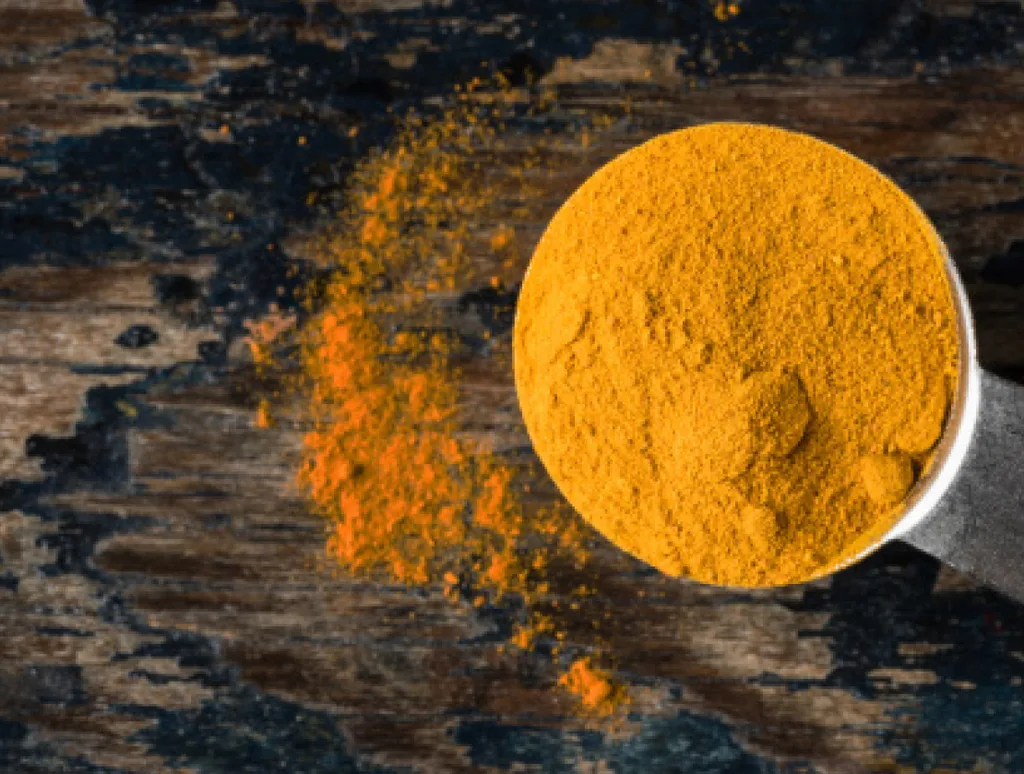
India: Use spices
Indian cuisine is flavoured with spices that could add years to your life.
US researchers found hot red chilli peppers reduce the risk of death from stroke or heart disease by around 13 per cent. And researchers at Newcastle University found people who added a teaspoon of turmeric powder, a spice often used in Indian dishes, to food each day seemed to reduce the risk of allergies.
Newcastle University’s Dr Kirsten Brandt says, “A teaspoon of turmeric added to our daily diet could potentially help make us all healthier.”
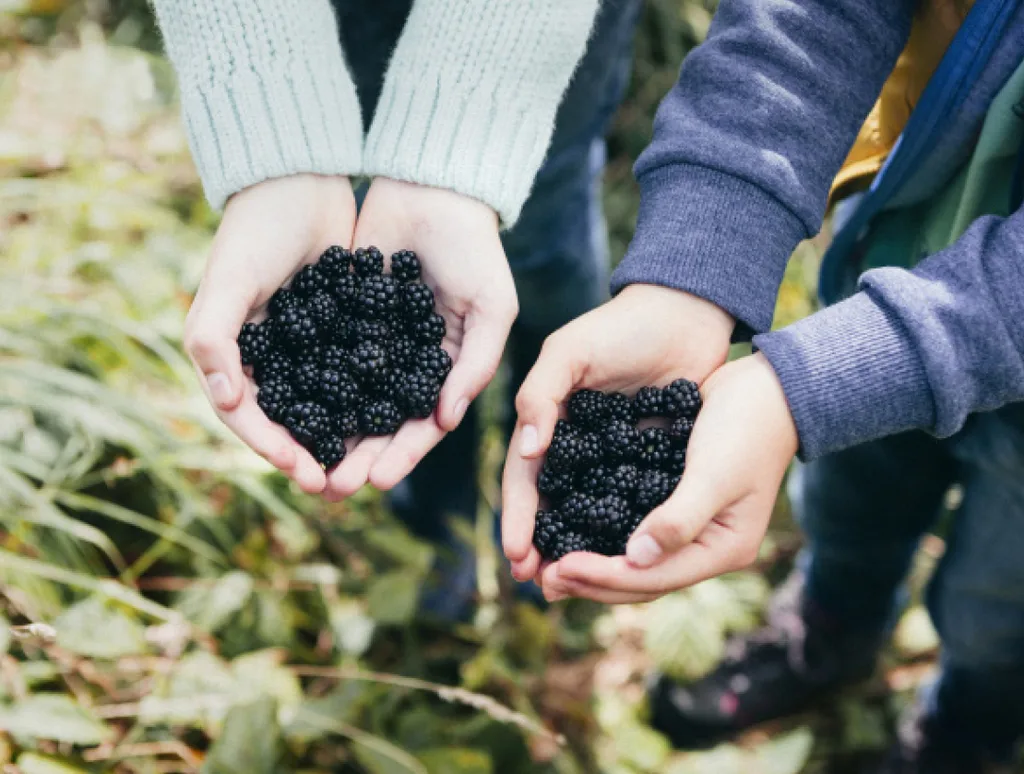
Bolivia: Be a hunter gatherer
The Tsimane people live in the Amazon jungle and have the healthiest hearts in the world.
Scientists believe this is because they live as hunter gatherers. Men spend an average seven hours a day hunting, fishing, farming and foraging. Women are active for up to six hours. Almost 90 per cent of the adults have arteries that show no sign of hardening and narrowing and leading to heart disease – even into their 70s.
“Among the Tsimane, people live into old age with little to no risk of coronary atherosclerosis, the principal cause of heart attacks,” says Hillard Kaplan, professor of anthropology at the University of New Mexico.
“The Tsimane lifestyle suggests that a diet low in saturated fats and high in non-processed fibre-rich carbohydrates, along with wild game and fish, not smoking and being active throughout the day could help prevent hardening in the arteries of the heart.”
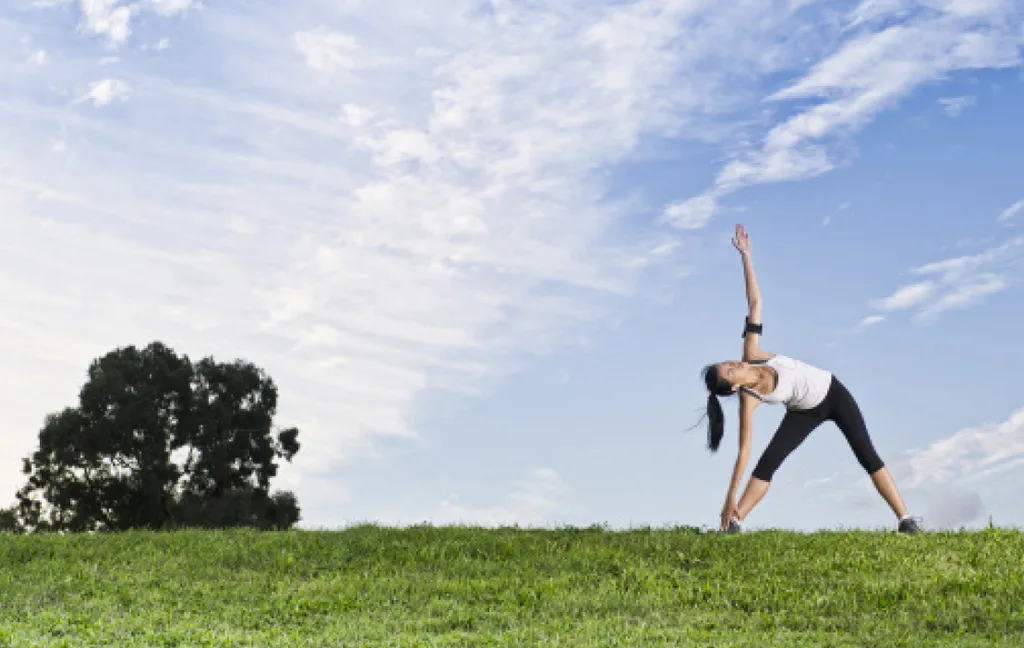
Singapore: Exercise in the park
Singaporeans boost their health by taking time to exercise in green spaces and parks.
Last year, the National Parks Board opened therapeutic gardens which the government says will “provide respite and improve the mental wellbeing of visitors”.
“Singaporeans know instinctively that green spaces promote physical and mental wellbeing,” said Minister for National Development, Khaw Boon Wan. “Who does not want to live in or near a garden? That is why we set out to ensure 80 per cent of homes in Singapore are within a 10-minute walk from a park and aim to raise this to 90 per cent by 2030.”
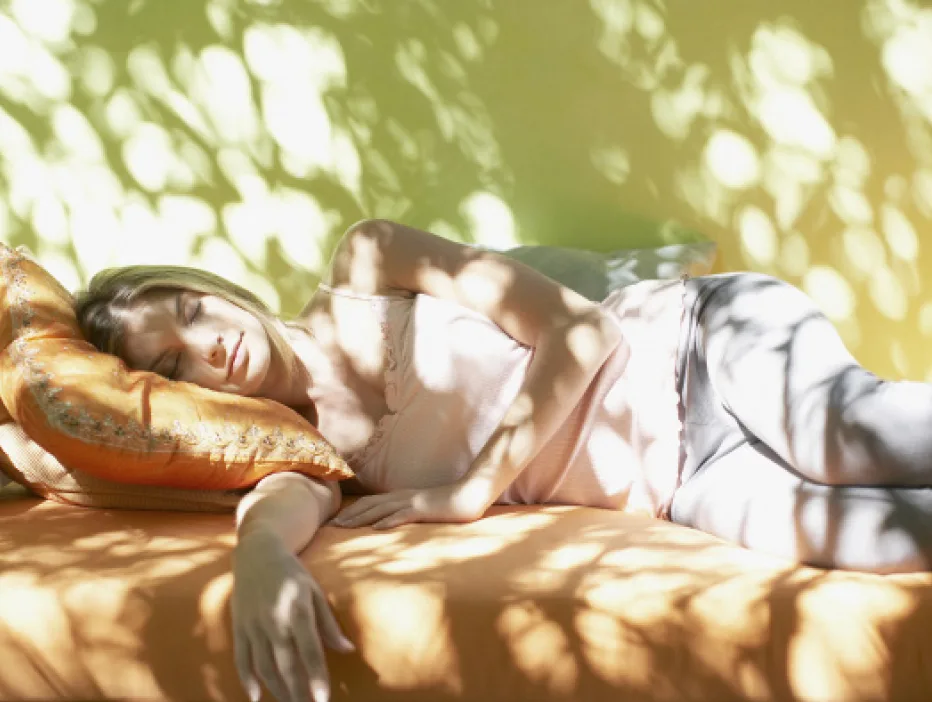
Spain: Have a siesta
Enjoy the luxury of a small nap in the afternoon and you could help reduce your stress levels, sharpen your memory and help your heart health. But you must nap most days and keep the siesta short and sweet.
Researchers from the Spanish Society of Primary Care Physicians recommend sleeping for no more than half an hour and in a comfy chair – not in a bed where you are more likely to fall into a deep, long sleep, and then be unable to sleep properly at night.
South Korea: Sweat it out
Koreans soak away the day’s problems at a jjimjilbang – a public bathhouse with hot tubs, showers, saunas and massage tables.
Some bathhouses also have exercise rooms, ice baths, heated salt rooms and heated floors where visitors can lie down and use the heat to ease sore muscles and help blood circulation.
Special rooms of ‘maekban’ rock are believed to help rejuvenate skin, the amethyst rooms help blood circulation, while yellow mud-rooms help digestion.

France: Cut your portion size
Food portions served in restaurants in Paris are about 25 per cent smaller than in the US.
This may explain why the French enjoy rich foods – such as croissants and cheeses – without gaining weight.
“While the French eat more fat than Americans, they probably eat slightly fewer calories, which when compounded over years can amount to substantial differences in weight,” said Paul Rozin, professor of psychology at the University of Pennsylvania.
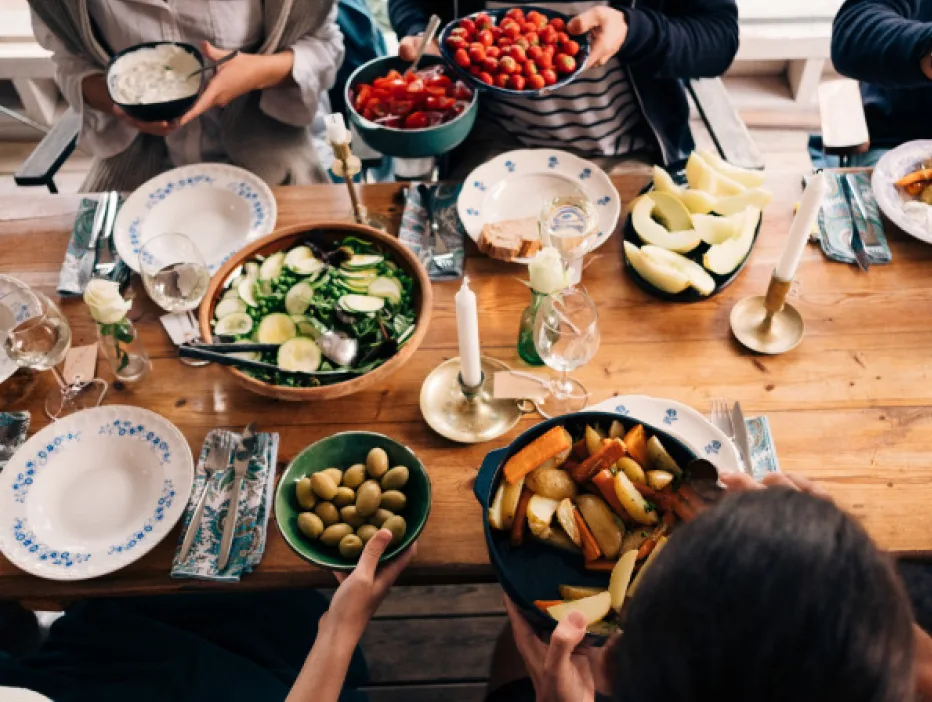
Denmark: Have some Hygge
The Danes took a top three spot in the World Happiness Report again in 2018 – a position the country has held for seven years.
Some experts put this down to ‘hygge’ – loosely translated it means cosy or contentment. Hygge embraces safety, warmth, relaxation, shelter and connection with loved ones.
It can be an informal candlelit dinner with friends, spending an evening with family and playing games and chatting, or creating a warm, dimly-lit cocoon in your home and enjoying some quiet time.
WATCH: What is ‘hygge’?
